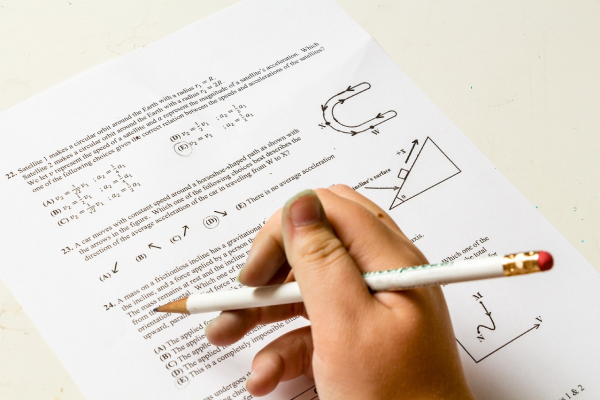Guide To CPL License

The first exams one has to encounter in their journey to becoming a commercial pilot is CPL. CPL exams are conducted by DGCA. The schedule and centre of the exams are mentioned in my BLOG regarding Computer number. The papers which one has to appear for are as follows-
1. Air Navigation
2. Aviation Meteorology
3. Air Regulations
4. Aircraft & engines
5. Technical Specific
Of all these 5 papers, generally the candidates find Air Navigation the toughest to crack. So ideally, in the pursuance of becoming a CPL holder, one should start their preparation with Air Navigation. If towards the end of their preparation of Air Navigation the candidate finds that they have enough time before the exams, then one can attempt Air Law along with Air Navigation. Details of the syllabus is given in www.dgca.gov.in. One should click Regulations & Guidance and under that section one should go Civil Aviation Regulations, Section 4.
Air Navigation has 100 multiple choice questions, with 2 incorrect answers given along with one correct answer. This paper has the lengthiest syllabus among all pilot papers including that of ATPL. As such the candidate should start with this paper in order to remove the biggest obstacle from their path. This paper covers all topics of Navigation, Radio Aids & Instruments. These three topics form two separate papers, Air Navigation & Radio Aids in ATPL exams. Approximate three months’ preparation is required for these exams. One should give maximum mock exams (as presented by DGCA) so as to be at ease during DGCA conducted exams. The duration of this exam is 3 hours.
Aviation meteorology deals with the various aspects of weather elements which affect Aircraft operations. In this exam, DGCA gives 50 multiple choice questions. The duration of this exam is 2 hours.
Air Regulations deals with the various international bodies & laws of the world/ India through which civil aviation is governed. 50 multiple choice questions are asked in this exam. The duration of this exam is 2 hours.
Aircraft & Engine paper is also called Technical General. This paper deals with the General Aircraft structure, General Aircraft Systems & Aerodynamics. In the degree of difficulty, this paper can be given the second ranking behind Air Navigation. As such one should attempt this paper along with Meteorology after clearing Air Navigation. 100 questions have to be attempted in a time frame of 3 hours.
One should give themselves 6 to 9 months of time for clearing all these 4 papers. Previously one could see All India results and calculate the pass percentage. But for the last few years DGCA gives individual results, therefore as such it is difficult to calculate the percentage of successful candidates. But generally, the results are quite poor, specially for Air Navigation.
Technical Specific deals with the aircraft on which the candidate is taking flying training. As such one gives this exam, during flying training since when one is starting their journey, the type of aircraft is not known.
If the candidate decides to do flying training abroad, then Technical specific and General technical need not be given. If the candidate decides to give the paper after completing their flying training abroad then one has to give Composite paper in which Air Navigation & Meteorology questions are combined. In this paper about 20-25% questions are from Meteorology. Air Regulation paper as applicable to Indian students also has to be cleared.
In all DGCA exams, pass marks are 70%. Since there are no negative markings, the candidate should also learn to make intelligent guesses for the questions whose answer one is not sure of. All questions come with 3 choices and one has to spend minimum of 15 seconds on each question. As such it will be very beneficial for the students to undertake some mock online exams in the same format as of DGCA.
To clear DGCA exams it is advised to make the fundamentals strong. Previously one could get same questions with the same digits from the various books available in the market. But of late this practice has been stopped. Most of the questions are original questions and not extracted from the books. So it is better to chase the topics rather than the question papers. Once the syllabus is completed then the candidates should practice maximum number of mock tests.